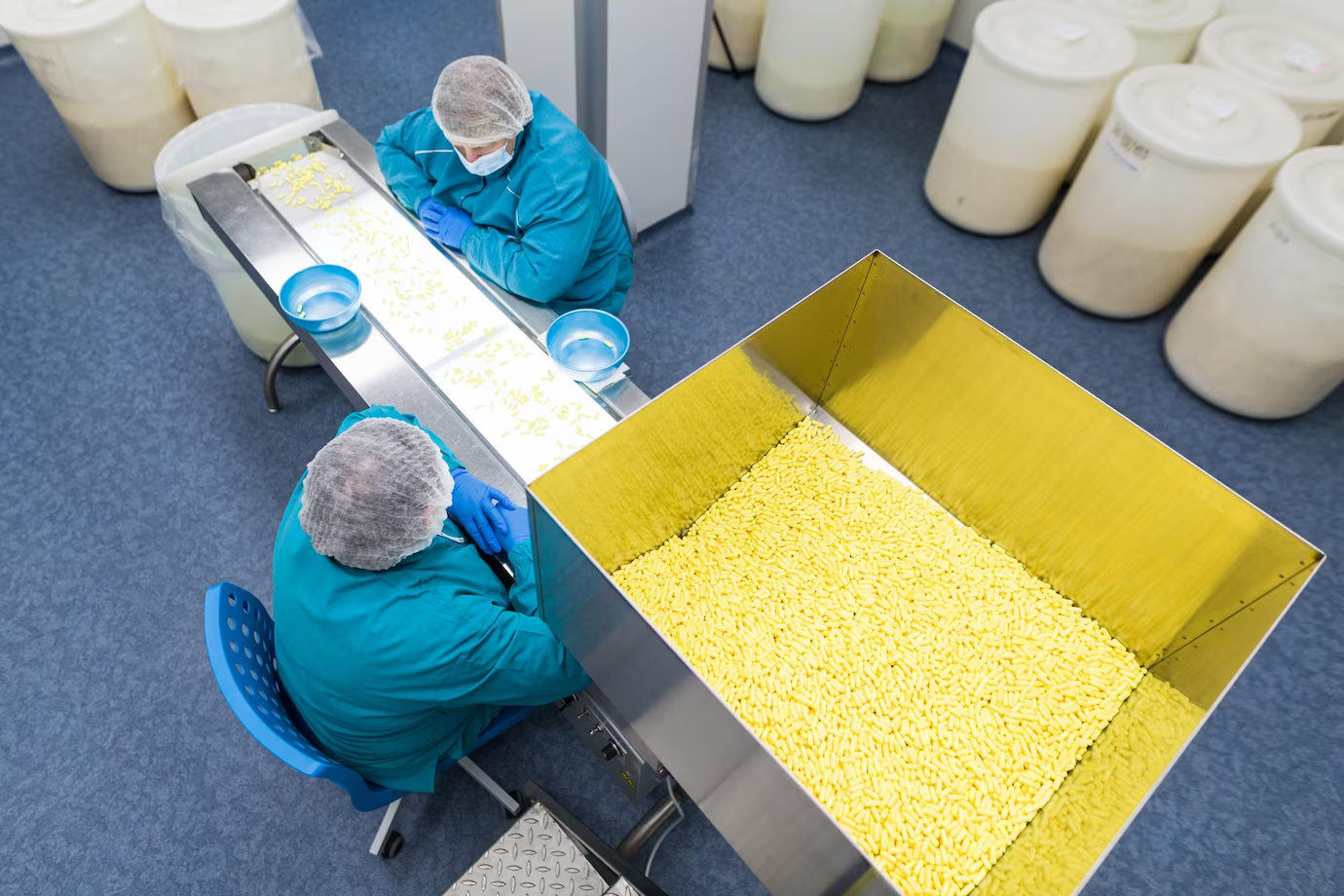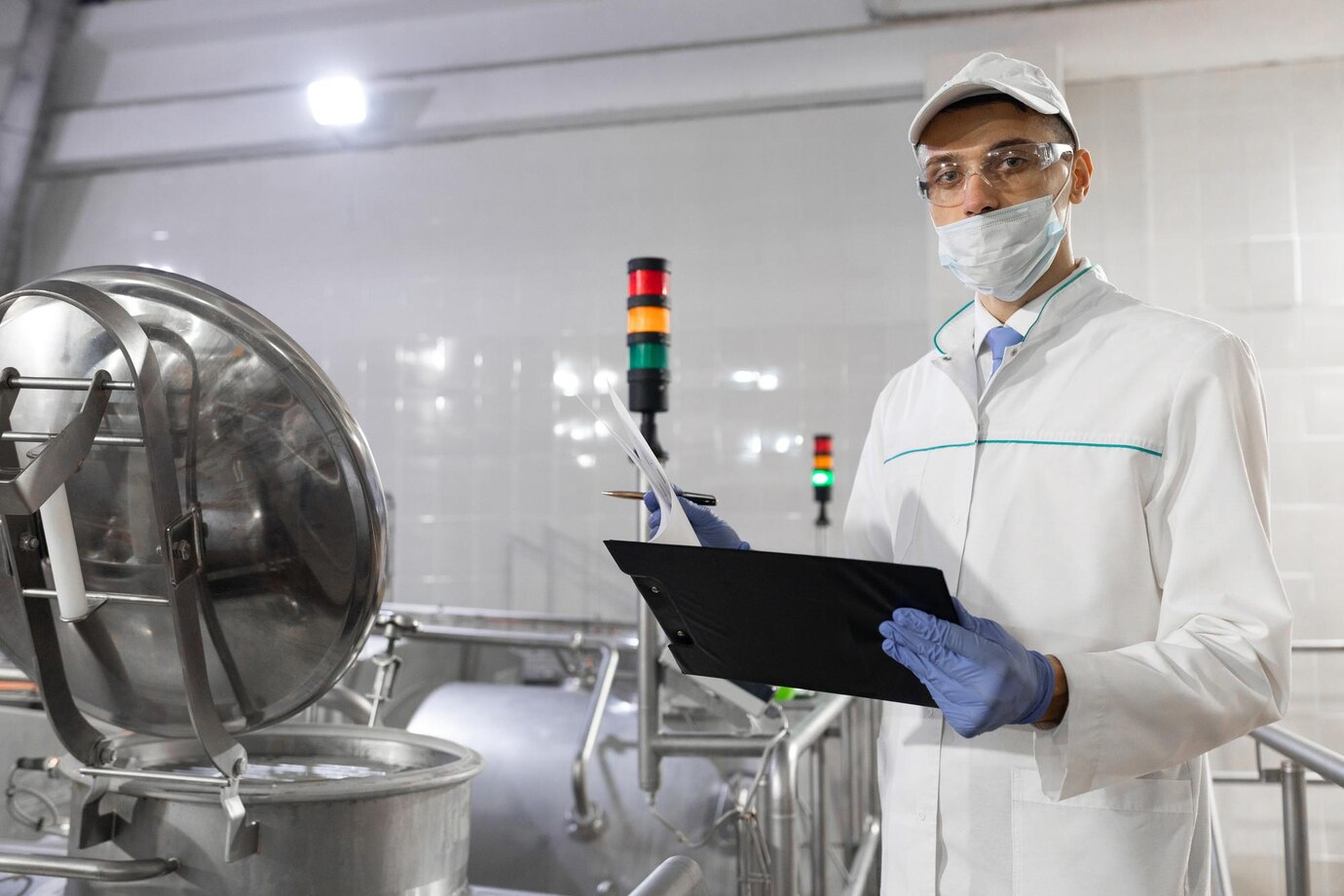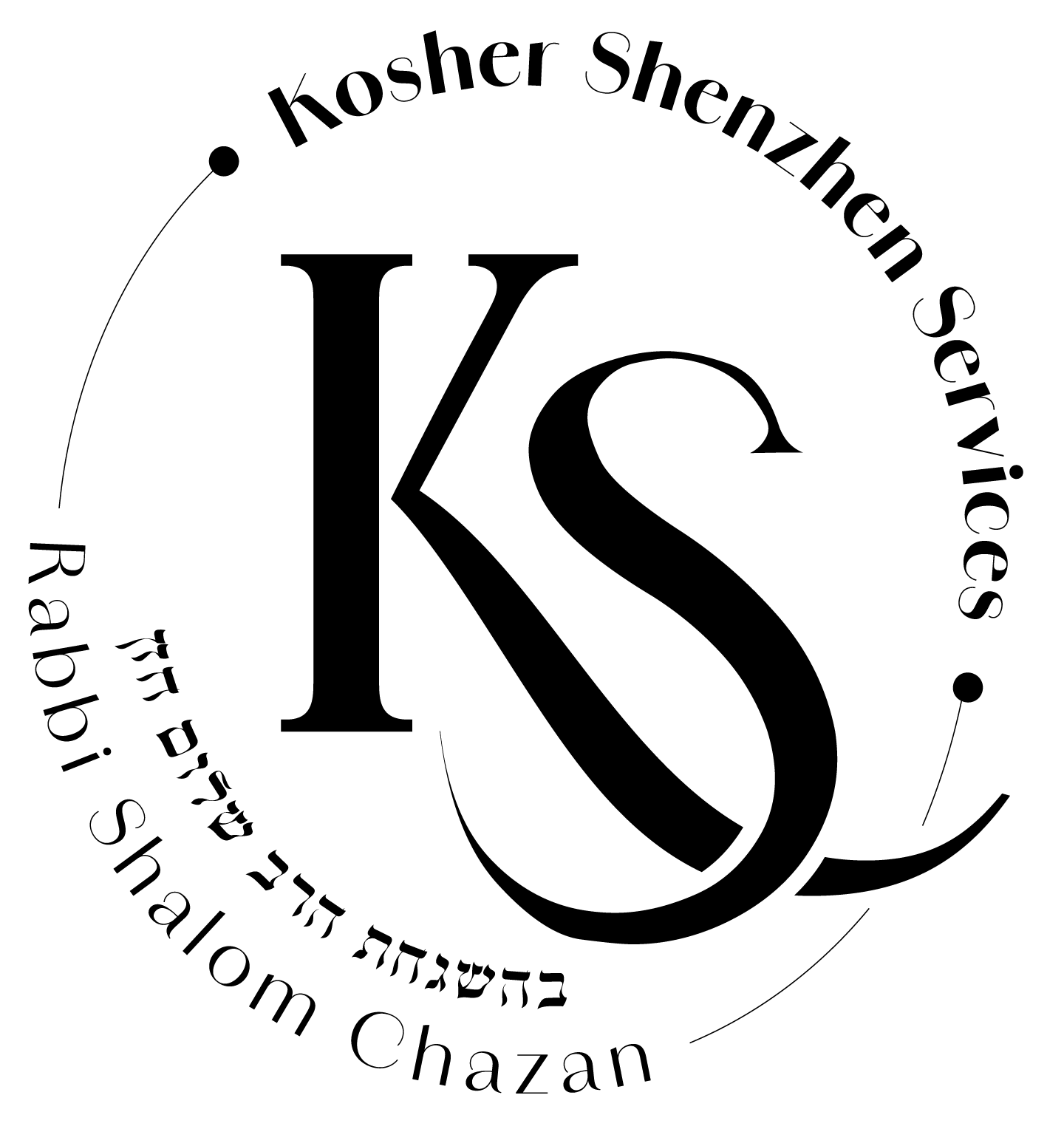Everything You Wanted to Know About Kosher
1. What is Kosher and What Does It Mean?
Kosher (or kashrut) refers to a system of Jewish dietary laws that define which foods are permitted and how they must be prepared to meet religious standards. These laws are rooted in the Torah (Leviticus and Deuteronomy) and expanded in rabbinic texts.
Key Principles of Kosher:
- Permitted animals: Only mammals that chew their cud and have split hooves (e.g., cows, sheep) and fish with fins and scales (e.g., salmon, tuna).
- Ritual slaughter (shechita): Humane, precise slaughter by a trained shochet.
- Separation of meat and dairy: Requires distinct equipment, storage, and preparation areas.
- Ingredient and equipment standards: All ingredients must be kosher; equipment used for non-kosher items must undergo kosherization (hot purging).
Kosher laws also attract non-Jewish consumers, including Muslims, vegans, and allergy-sensitive individuals, due to their strict standards.Learn how Kosher Shenzhen Services can help your factory comply with global kosher standards.

1. What is Kosher and What Does It Mean?
Kosher (or kashrut) refers to a system of Jewish dietary laws that define which foods are permitted and how they must be prepared to meet religious standards. These laws are rooted in the Torah (Leviticus and Deuteronomy) and expanded in rabbinic texts.
Key Principles of Kosher:
- Permitted animals: Only mammals that chew their cud and have split hooves (e.g., cows, sheep) and fish with fins and scales (e.g., salmon, tuna).
- Ritual slaughter (shechita): Humane, precise slaughter by a trained shochet.
- Separation of meat and dairy: Requires distinct equipment, storage, and preparation areas.
- Ingredient and equipment standards: All ingredients must be kosher; equipment used for non-kosher items must undergo kosherization (hot purging).
Kosher laws also attract non-Jewish consumers, including Muslims, vegans, and allergy-sensitive individuals, due to their strict standards.
Learn how Kosher Shenzhen Services can help your factory comply with global kosher standards.

2. What Are the Benefits of Kosher Certification for Businesses?
Kosher food certification offers powerful advantages for manufacturers, exporters, and food brands worldwide.
Business Benefits of Kosher Certification:
- Access to new markets: Jews, Muslims, vegetarians, and health-focused consumers actively seek kosher labels.
- Sales growth: Certified products often outsell non-certified counterparts by up to 20%.
- Brand credibility: Kosher certification signals quality, hygiene, and transparency.
- Export readiness: Certificates from Kosher Shenzhen are accepted globally.
- Competitive positioning: Join over 9,000 kosher-certified companies serving the $300B market.
Expand your reach and reputation
2. What Are the Benefits of Kosher Certification for Businesses?
Kosher food certification offers powerful advantages for manufacturers, exporters, and food brands worldwide.
Business Benefits of Kosher Certification:
- Access to new markets: Jews, Muslims, vegetarians, and health-focused consumers actively seek kosher labels.
- Sales growth: Certified products often outsell non-certified counterparts by up to 20%.
- Brand credibility: Kosher certification signals quality, hygiene, and transparency.
- Export readiness: Certificates from Kosher Shenzhen are accepted globally.
- Competitive positioning: Join over 9,000 kosher-certified companies serving the $300B market.
Expand your reach and reputation
3. How Does the Kosher Certification Process Work?
The kosher certification process verifies that your production fully complies with Jewish dietary law and international kosher standards.
Kosher Certification Steps:
- Initial consultation – Review your ingredients and production methods.
- Ingredient verification – Ensure all materials are kosher-approved.
- Factory inspection – Local rabbi checks equipment, processes, and separation protocols.
- Kosherization – Purify equipment previously used with non-kosher products.
- Certification – Receive a digital certificate with serial number and barcode.
- Ongoing supervision – Regular follow-ups maintain certification validity.
Our team in Shenzhen offers fast, affordable, multilingual support
3. How Does the Kosher Certification Process Work?
The kosher certification process verifies that your production fully complies with Jewish dietary law and international kosher standards.
Kosher Certification Steps:
- Initial consultation – Review your ingredients and production methods.
- Ingredient verification – Ensure all materials are kosher-approved.
- Factory inspection – Local rabbi checks equipment, processes, and separation protocols.
- Kosherization – Purify equipment previously used with non-kosher products.
- Certification – Receive a digital certificate with serial number and barcode.
- Ongoing supervision – Regular follow-ups maintain certification validity.
Our team in Shenzhen offers fast, affordable, multilingual support

4. What Is the Difference Between Regular Kosher and Mehadrin Kosher?
There are two main levels of kosher food certification: Standard Kosher and Mehadrin Kosher.
Regular Kosher Includes:
- Use of permitted animals and ingredients
- Compliance with basic halachic (Jewish legal) rules
- Proper slaughter and meat/dairy separation
- Continuous rabbinic supervision
- Only highest-level ingredients with Mehadrin certification
- Community-specific traditions (e.g., Ashkenazi or Sephardi)
4. What Is the Difference Between Regular Kosher and Mehadrin Kosher?
There are two main levels of kosher food certification: Standard Kosher and Mehadrin Kosher.
Regular Kosher Includes:
- Use of permitted animals and ingredients
- Compliance with basic halachic (Jewish legal) rules
- Proper slaughter and meat/dairy separation
Mehadrin Kosher Adds:
- Continuous rabbinic supervision
- Only highest-level ingredients with Mehadrin certification
- Community-specific traditions (e.g., Ashkenazi or Sephardi)
Kosher Shenzhen offers both levels, tailored to your market.

5. Is Kosher Relevant Only for Jews?
No. While kosher is a Jewish dietary system, it appeals to many global consumers.
Who Else Chooses Kosher:
- Muslims: Kosher is often accepted when halal is unavailable
- Vegetarians/Vegans: Pareve items are animal-free (except for fish/eggs)
- Allergy-sensitive shoppers: Kosher labeling helps identify dairy-free items
- Health-conscious buyers: Kosher guarantees cleanliness and transparency
Tap into a wider consumer base with Kosher Shenzhen certification.
5. Is Kosher Relevant Only for Jews?
No. While kosher is a Jewish dietary system, it appeals to many global consumers.
Who Else Chooses Kosher:
- Muslims: Kosher is often accepted when halal is unavailable
- Vegetarians/Vegans: Pareve items are animal-free (except for fish/eggs)
- Allergy-sensitive shoppers: Kosher labeling helps identify dairy-free items
- Health-conscious buyers: Kosher guarantees cleanliness and transparency
Tap into a wider consumer base with Kosher Shenzhen certification.
6. How Can I Verify That a Product Is Kosher?
Consumers and partners can easily verify kosher status through several methods:
Verification Methods:
- Check the packaging: Look for the kosher symbol (hechsher) or Kosher Shenzhen mark
- Scan the certificate: All our certificates include serial numbers and barcodes
- Contact us: We confirm status within 24 hours via email or phone
Avoid “kosher-style” labels — only certified products meet kosher standards.
Trust and transparency start here.
6. How Can I Verify That a Product Is Kosher?
Consumers and partners can easily verify kosher status through several methods:
Verification Methods:
- Check the packaging: Look for the kosher symbol (hechsher) or Kosher Shenzhen mark
- Scan the certificate: All our certificates include serial numbers and barcodes
- Contact us: We confirm status within 24 hours via email or phone
Avoid “kosher-style” labels — only certified products meet kosher standards.
Trust and transparency start here.

7. What Are the Challenges in Obtaining Kosher Certification — and How Are They Solved?
Getting certified may require adjustments, but we guide you every step of the way.
Common Challenges and Solutions:
- Sourcing kosher ingredients – We help vet suppliers and substitutes
- Equipment kosherization – We lead your team through purging procedures
- Production line separation – Our staff advises on layout and process changes
- Communication barriers – We speak Mandarin, English, and Hebrew
With Kosher Shenzhen, certification is simple and efficient

8. How Does Kosher Certification Affect Food Quality and Hygiene?
Kosher requirements improve food safety and hygiene at every stage.
Quality & Hygiene Benefits:
- Ingredient integrity: Fewer questionable additives, verified sources
- Strict cleanliness: Frequent inspections, cleaning protocols
- Separation standards: No dairy-meat contamination, reducing allergy risks
- Slaughter and salting process: Enhances freshness, lowers bacteria levels
Show your customers you meet the highest standards.
7. What Are the Challenges in Obtaining Kosher Certification — and How Are They Solved?
Getting certified may require adjustments, but we guide you every step of the way.
Common Challenges and Solutions:
- Sourcing kosher ingredients – We help vet suppliers and substitutes
- Equipment kosherization – We lead your team through purging procedures
- Production line separation – Our staff advises on layout and process changes
- Communication barriers – We speak Mandarin, English, and Hebrew
With Kosher Shenzhen, certification is simple and efficient
8. How Does Kosher Certification Affect Food Quality and Hygiene?
Kosher requirements improve food safety and hygiene at every stage.
Quality & Hygiene Benefits:
- Ingredient integrity: Fewer questionable additives, verified sources
- Strict cleanliness: Frequent inspections, cleaning protocols
- Separation standards: No dairy-meat contamination, reducing allergy risks
- Slaughter and salting process: Enhances freshness, lowers bacteria levels
Show your customers you meet the highest standards.
